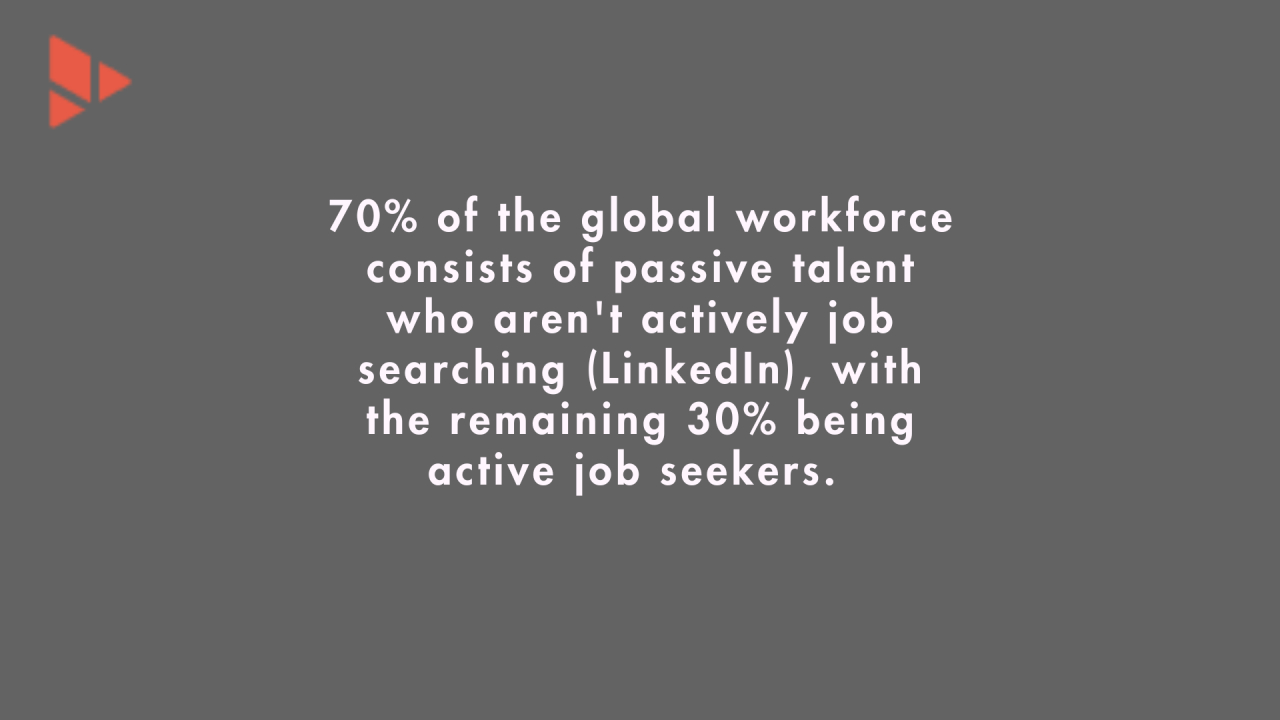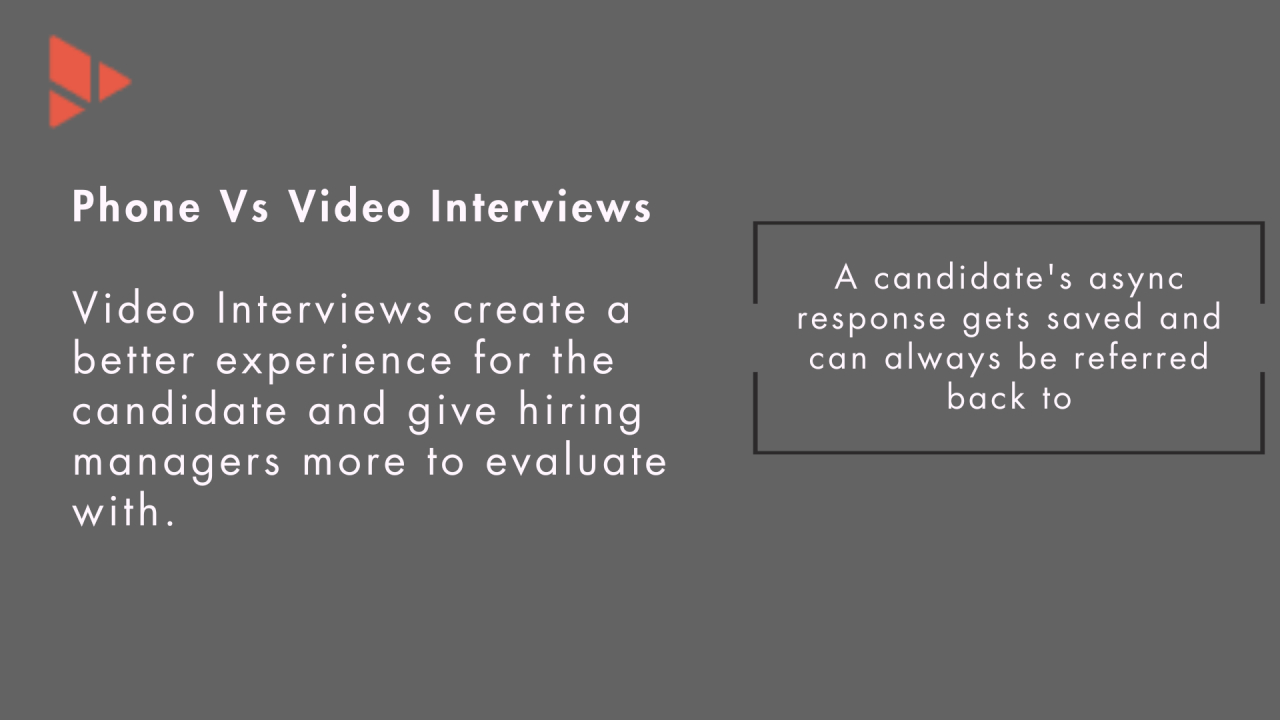Brief overview of traditional phone screening in recruitment
What is phone screening?
Phone screening is a critical initial step in the recruitment process. It involves a brief, typically 15-30 minute, telephone conversation with a candidate whose application documents suggest suitability for a role. This interaction serves multiple purposes:
- Assessing the candidate's interest in the position.
- Gauging their seriousness about the application.
- Determining alignment with the company's values.
- Understanding if the role meets the candidate's expectations in terms of company working conditions, holiday days, benefits, salary, etc. and establish whether it is the right move for them.
In this phase, phone interview question selection is crucial. Recruiters often use a set of call interview questions to better understand the candidate's background and motivations. Questions for phone interviews are designed to quickly assess whether the candidate is a good fit for the role and the company culture.
Why is phone screening deemed important?
Phone screening is not just a procedural step; it's a strategic tool in a recruiter's arsenal.

The importance of phone screening is in identifying and engaging with potential candidates, especially those not actively seeking new opportunities. Phone screener professionals often prepare a set of phone interview screening questions to effectively assess candidates.
Phone screening is ineffective for high-volume, remote hiring
While phone screening has its merits, the evolving job market poses new challenges:
- A Glassdoor survey revealed that for every corporate job opening, there are 250 resumes, but only 4-6 candidates are interviewed. This volume makes it challenging to efficiently screen candidates through traditional phone calls.
- The rise of remote work has expanded the global talent pool, necessitating more versatile remote-friendly screening methods.
The Limitations of Phone Screening
It increases the time-to-hire

- Traditional phone screening is a lengthy process, involving reviewing hundreds of resumes and making numerous screening calls. Phone interview screening questions often need to be tailored for each candidate, adding to the time required. Tele interview questions and calling interview questions are used, but they’re not well-structured to administer.
Rescheduling calls is unavoidable and not feasible
- Recruiters often face the challenge of scheduling and rescheduling calls, especially for roles that attract a large volume of applications.
Lack of Non-Verbal Communication
- A significant drawback of phone interviews is the inability to observe body language. According to Albert Mehrabian, Professor Emeritus of Psychology at UCLA, 55% of communication is through non-verbal cues, 38% through tone of voice, and only 7% through spoken words. Telephone interview questions can only reveal so much without the visual cues present in face-to-face interactions.
- This limitation makes it difficult to gauge a candidate's enthusiasm, sincerity, and overall demeanor through telephone interview questions.
Potential for abrupt termination & difficulty establishing rapport
Phone interviews risk abrupt endings, with candidates potentially hanging up without warning/ getting disconnected, leaving recruiters without valuable insights.
Building chemistry or a connection is harder without face-to-face interaction, impacting the assessment of a candidate's cultural fit through questions on phone interviews.
Asynchronous Interviews, as an alternative to phone screening

Skip the first round of interviews
Asynchronous interviews allow candidates to record responses at their convenience, and recruiters to review these at a suitable time.
This method is particularly beneficial for roles with high application volumes and more remote-hiring friendly than synchronous interviews for candidates in different time zones.
Have a saved video-resume of candidates
Recruiters can better evaluate communication skills, personality, and cultural fit, as they can review responses multiple times if needed.

Making hiring as flexible as remote work
According to LinkedIn, 70% of talent professionals believe virtual recruiting will become the new standard.
Asynchronous interviews align with the shift towards remote work and global hiring practices. You get insights into a candidate's abilities, allowing for quicker and more informed decision-making.
How do you integrate alternatives?

Asynchronous Video Interviews as an alternative for phone screenings: These can singularly replace the hiring process' "resume screening" to "scheduling the first round of interviews" stages - because async recordings serve as video resumes, showcase candidate communication and body language without having to schedule an actual interview.
Skill test: A more comprehensive overview of a candidate's ability to think quickly on their feet. These can be included in the initial stages of the hiring rounds.
AI-driven Assessments: AI can quickly analyze resumes and online tests, providing valuable insights into a candidate's skills and potential.
Dear recruiters, balance technology with human judgment!
- Efficiency vs. Empathy: While AI excels in efficiency, human recruiters are better at understanding nuances and cultural fit.
- Collaborative Decision Making: Combining AI insights with human intuition leads to more informed hiring decisions.
CareerBuilder's study shows that 66% of employers believe AI saves time in recruitment, yet human judgment remains irreplaceable (CareerBuilder).
Customizing the Approach Based on Role and Industry Role-Specific Assessments: For example, coding tests for tech roles, and video interviews for sales positions. Industry-Specific Trends: Adapting to the unique needs and trends of each industry.
How credible are Asynchronous Video Interviews?
The Walt Disney Company used AVIs for the Disney College Program. (Source: Sciencedirect article) A leading U.S. grocer, during the pandemic, conducted up to 15,000 asynchronous video interviews daily.
Candidates video interviews the asynchronous way approach significantly speed up the hiring process, with companies like Walmart filling roles in days, not weeks.
Source: BBC Worklife Report
Key Takeaway
The recruitment landscape is undergoing a significant transformation. Traditional phone screenings, once the backbone of recruitment, are now being overshadowed by more efficient and flexible methods like asynchronous video interviews with the following key benefits:
- Efficiency: Candidates apply at their convenience, eliminating scheduling conflicts.
- Wider Talent Pool: Access to candidates across different time zones and schedules.
- Rapid Hiring: Reduced time-to-hire, with some companies filling positions in mere days.
Companies that embrace innovation in hiring position themselves to select the best candidates fast in an increasingly competitive market.